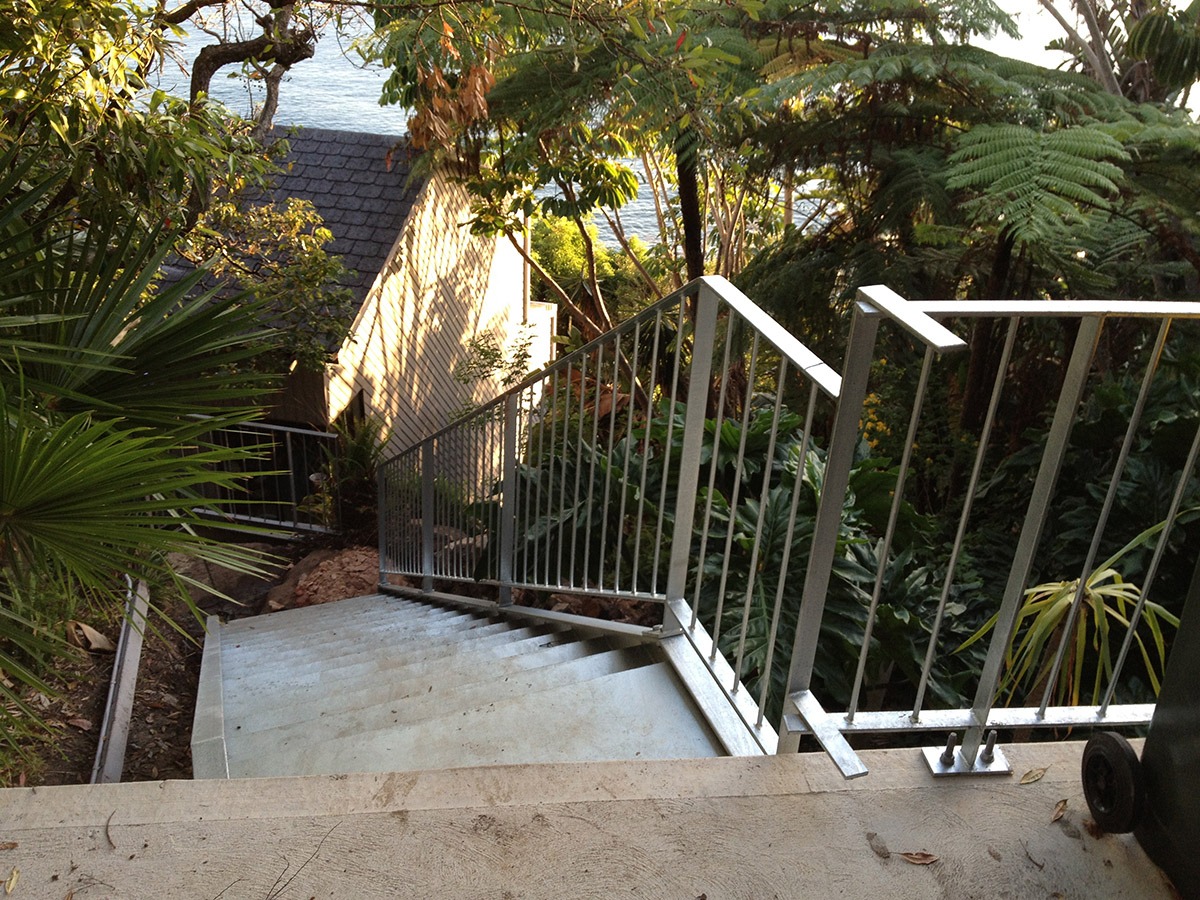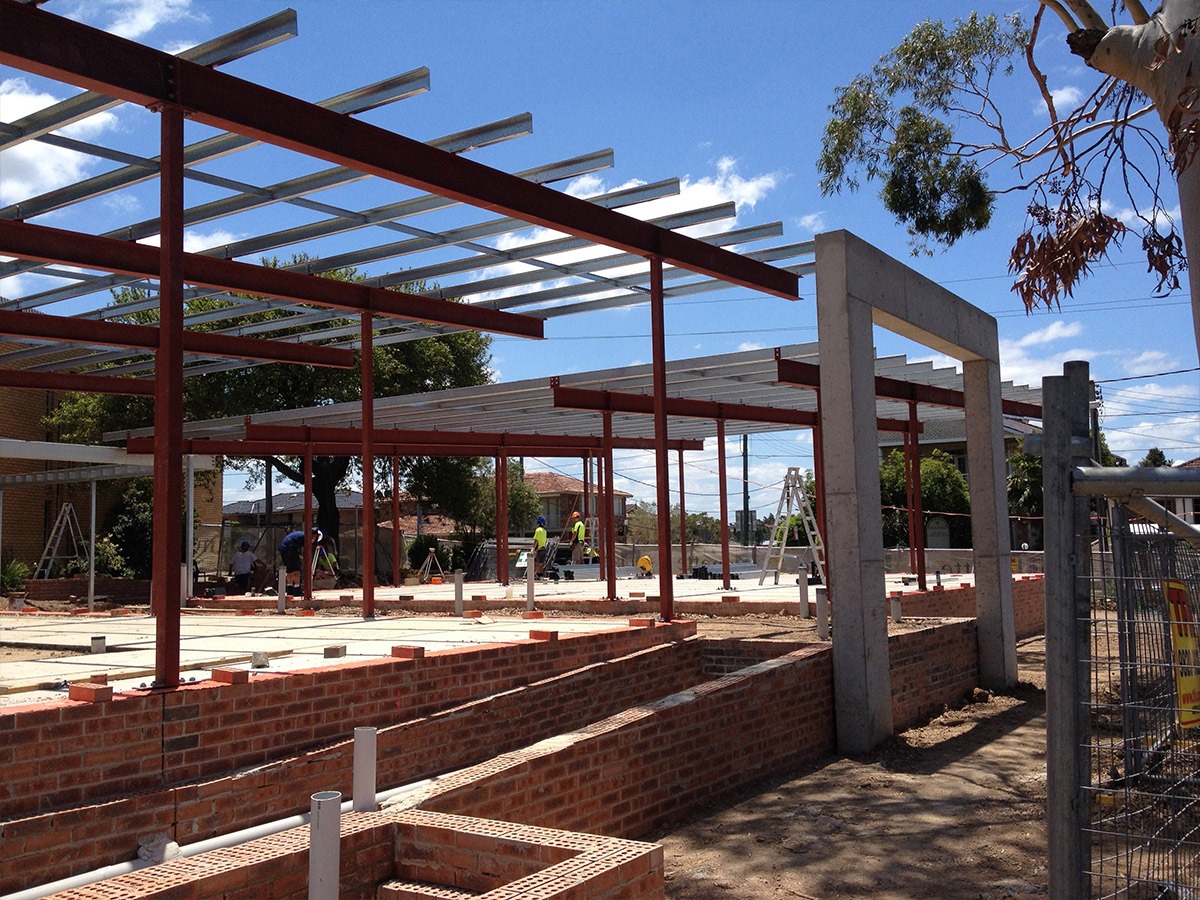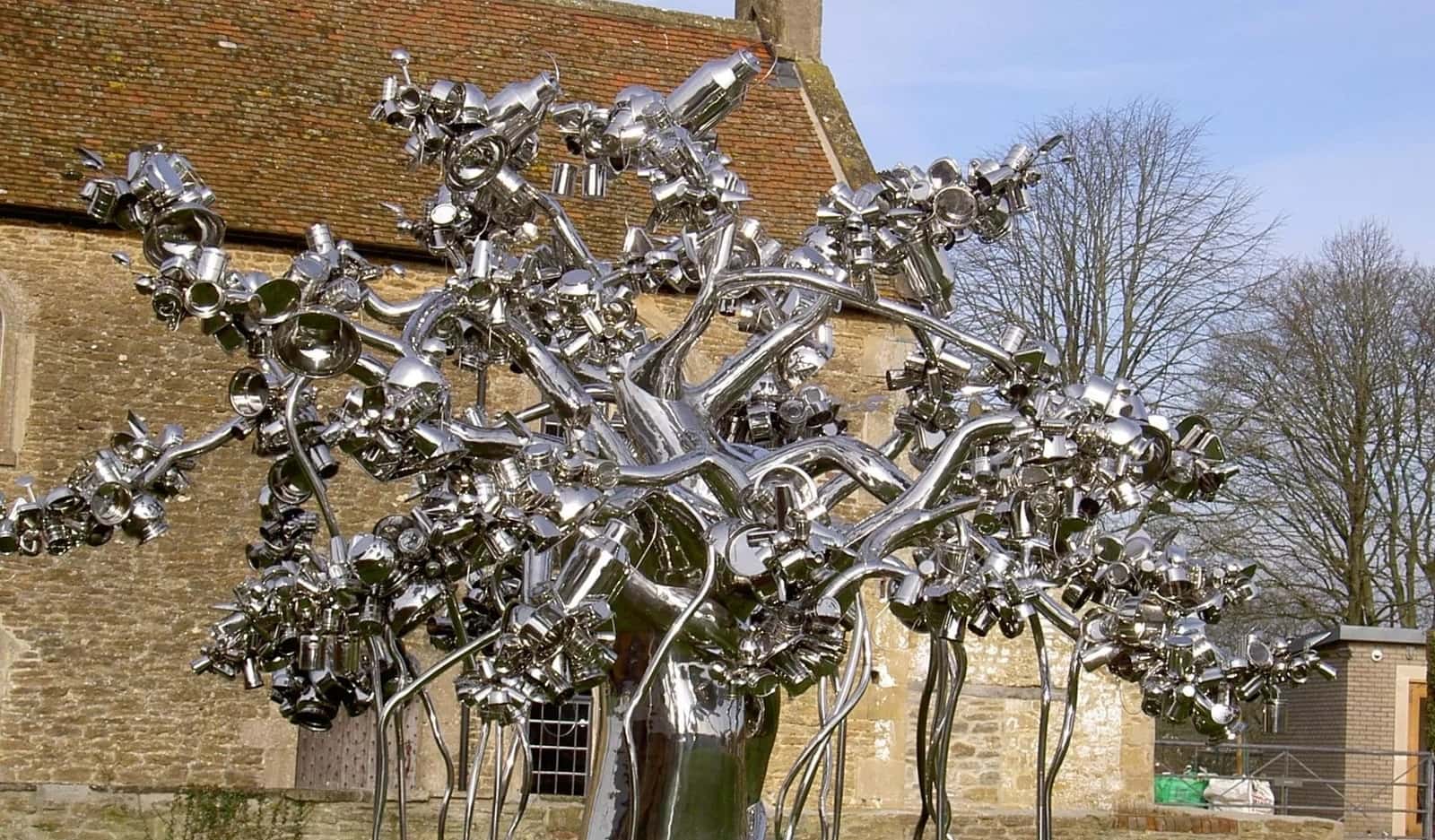Building with structural steel has many benefits. Aside from being an important aesthetic element in modern architecture and design, and its strength and versatility, building with steel is great for the environment. Sustainable and recyclable, steel is an important part of the cyclic economy of that humanity is striving for – one that reuses instead of constantly creating from scratch. Let’s take a look at some of the environmentally benefits of structural steel.

How environmentally friendly is steel? The answer may surprise you. Here’s a look at some the environmental benefits of structural steel.
Steel Is Recyclable
One of the main reasons steel is widely considered environmentally friendly is its recyclable nature. Steel is the most recycled material in the world – more if it is recycled every year than all other materials in the world combined, with more than 12 million tonnes being recycled in 2016 alone.
The metallurgic properties of steel mean that when it is recycled, no degradation occurs whatsoever. This means that it can be melted down and reused an infinite amount of times without being compromised in anyway.
The recyclable nature of steel greatly reduces the environmental impact of creating it from raw materials. For example, making steel cans from recycled steel uses 75% less energy than producing them from raw materials.
Recycling 1kg of steel keeps 2kg of greenhouse gases out of the atmosphere. Recycling steel also diverts these products from landfill, and enables the material to be reprocessed, thereby conserving raw materials. For every tonne of steel recycled 1131 kg of iron ore, 633 kg of coal and 54 kg of limestone are saved.*
Reusing Water and Slag
Water is one of the most important elements for steel production. It is mainly used in the cooling process, as well as for cleaning and descaling. While this water does become contaminated in steel production, most of the impurities can be removed through special filtration processes, making 98% of the water reusable.
Another bi-product of steel production is slag, a stony waste product separated from metals during the smelting of ore. In the past, slag was dumped by steel manufacturers as it was considered unusable and this had some devastating impacts on the environment. However, today slag is almost entirely repurposed for use in cement.

Less Wastage
One of the biggest factors that makes building with wood and other materials so detrimental to the environment is wastage in the form of unusable offcuts. Steel is custom-made by steel fabricators like us, made-to-order for each and every project right down to the smallest detail. This means the wastage is basically non-existent. Furthermore, the wastage created by building with wood requires removal in some respect (i.e; removal of offcuts by truck or using water) – yet another strain on the environment.
The efficient nature of building with structural steel also means the construction process as a whole is simplified. Less manpower and a faster-construction rate reduces resource consumption as a whole. Remember, when it comes to the conserving planet, every little bit counts.
An Energy Saver
Building a steel framed house is great for your energy bills both in summer and in winter. Firstly, steel’s inherent strength means that it can support more thicker, more efficient insulation. In winter, this means that you will use far less energy trying to warm up your house with heaters and air conditioners. In summer, steel framed houses provide better air quality and reduce humidity, meaning that dehumidifiers and air purifiers are not needed, further reducing your energy costs and your carbon footprint at the same time.

Reducing Air Pollution
The steel industry is extremely eco-conscious, especially when it comes to carbon emissions. Since the 1960s, the industry has halved its carbon footprint, and its dust emissions by even more. These numbers are constantly falling too.
Steel Lasts Forever
Once you build with steel, you won’t have to build again. Steel will stand up to everything from high winds and rain, to fire and earthquakes. Termites and other boring insects and no threat to it either. Steel won’t crack, warp, twist, split or rot, it can be designed to resist rust and vandals. It will virtually last forever, further reducing the impact of raw material consumption and the widespread felling on trees which is so detrimental to the environment.
So, is steel eco-friendly? You bet it is.
Need a Structural Steel Supplier?
If you are considering structural steel in Sydney and would like a professional opinion, we can help. Our team of expert steel fabricators have the experience and knowledge to answer any of your questions and will ensure that you find the best solution to suit your needs. Feel free to contact Steel Fabrication Services today.
While you’re here, learn some more about the world of steel:
Structural Steel | Everything You Need To Know
Staircase Design | The 6 Best Types
What You Need To Know About Custom Steel
